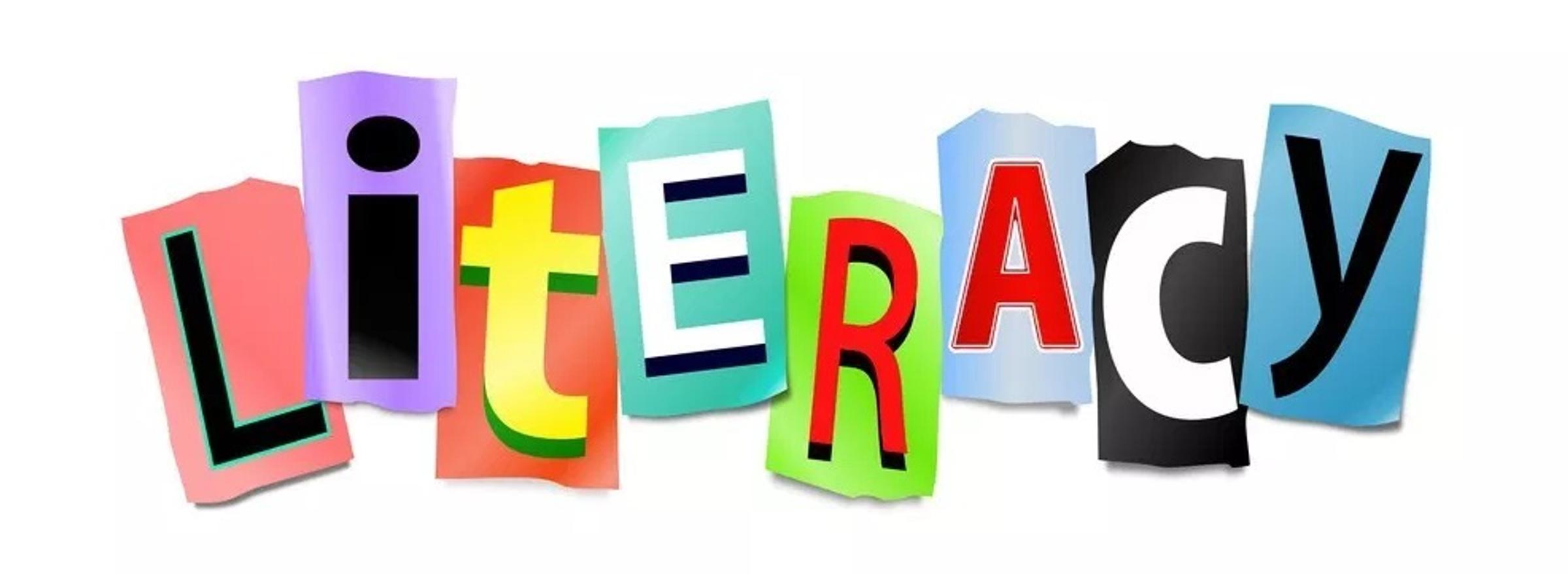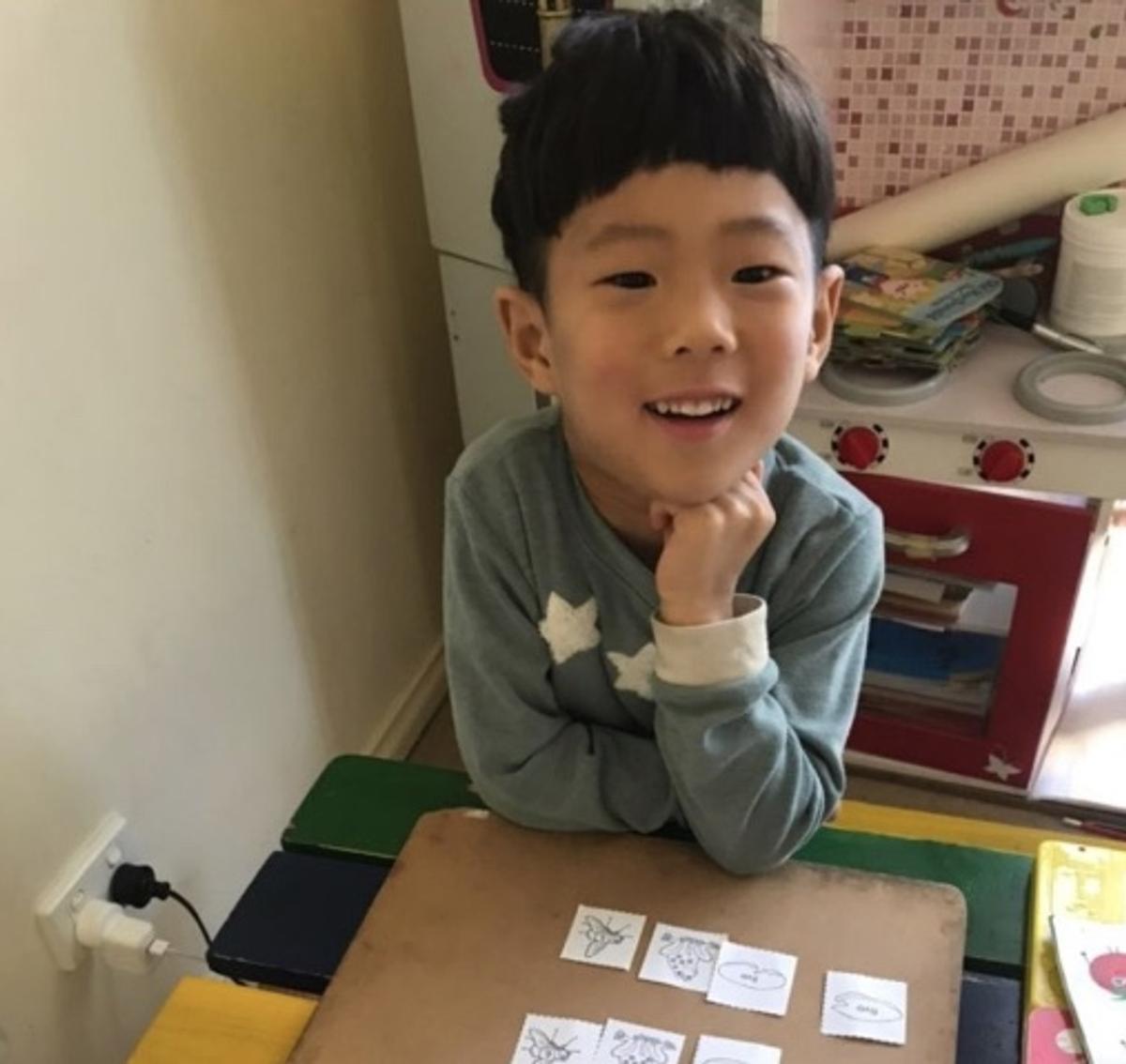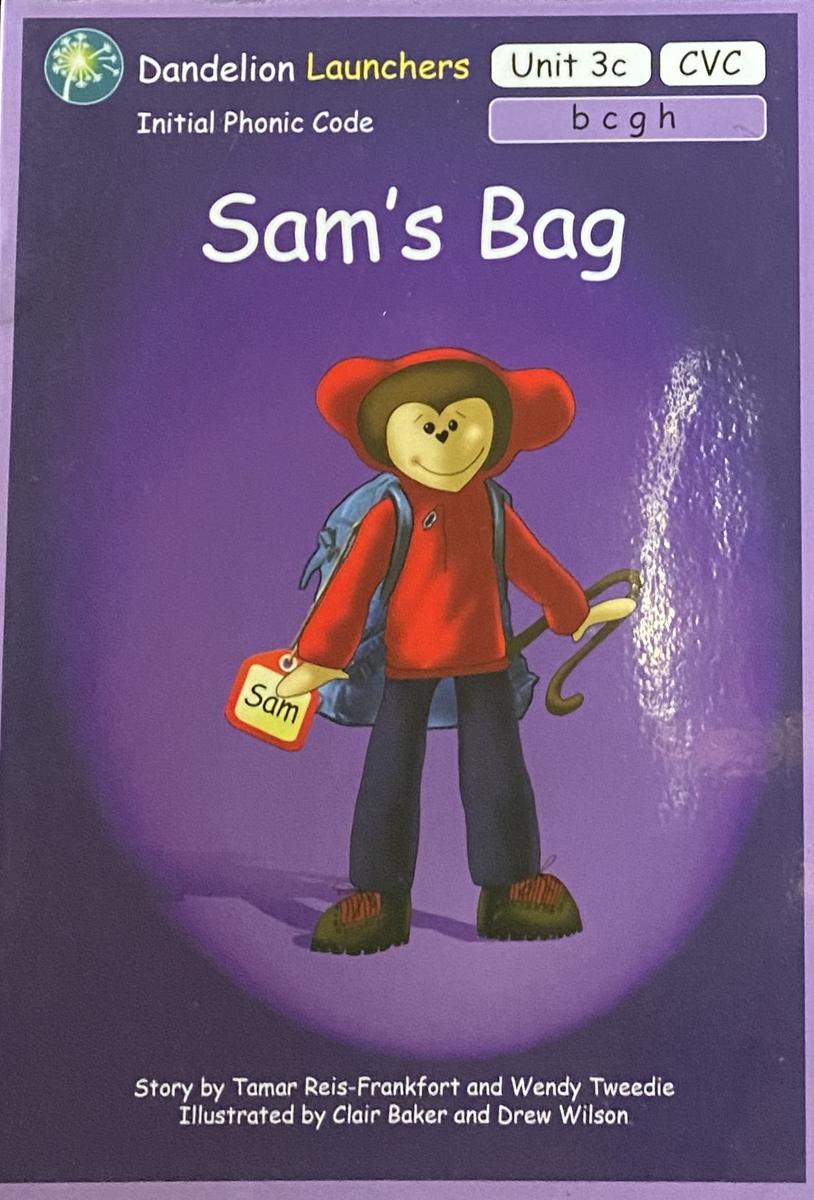Literacy

How to help your child with reading at home
As a parent or carer, your role to help your child with reading is more pertinent than before as we navigate our way through this unprecedented time. When children read, they engage in the act of reading for pleasure and/or for instructional purposes. When assisting a child with reading for instructional purposes there are some things that need to be considered.
Before reading
Talk about the book with your child before they begin reading. If the topic is of interest or an area that they have prior knowledge about or experience with discuss the child’s knowledge and experience with them to engage them with the book.
Discuss the title and make predictions about the book based on the title. For younger children use the terms author and illustrator to familiarise them with these words. Ask your child if they have read another book published by the same author and/or illustrator.
Identify the purpose of the text. For example, a non-fiction book about the Solar System will provide factual information and a fiction book such as The Cat in the Hat was written to entertain the audience.
Look at the visual literacy. Discuss the pictures in a text. For a non-fiction book the text may contain graphs and diagrams. Ask, what does the information in this format represent? Why has the author chosen to present information in this way?
Assist your child to identify any key words in the book. In a non-fiction text this could be done via using a glossary.
During Reading
Talk to and offer support as your child is reading. Listen to your child’s reading and help them to accurately read words if they are having difficulties pronouncing words. Depending on the age of your child check that they understand what they have read after every page, couple of pages, at the end of the chapter. Questions that begin with; who, what, where, when, why and how are great for checking for understanding. If your child is reading a non-fiction text, ask them to summarise key facts. If your child is reading a fiction text ask them questions about the setting, characters, what just happened and why? You can help younger children who are just learning to read by asking them to sound out the letters in words.
After Reading
Talk about the book after your child reads. Ask them, what have you learnt? What do you know now that you previously did not know? Ask a range of comprehension questions such as information that can be found directly from the text, questions where the answer requires the reader to piece several bits of information together to form an opinion, and question where students need to give an opinion about what they have read.
If you would like more information about how to access good quality literature for your child please contact either your child’s classroom teacher or myself.
Marina Russo
English Leader


